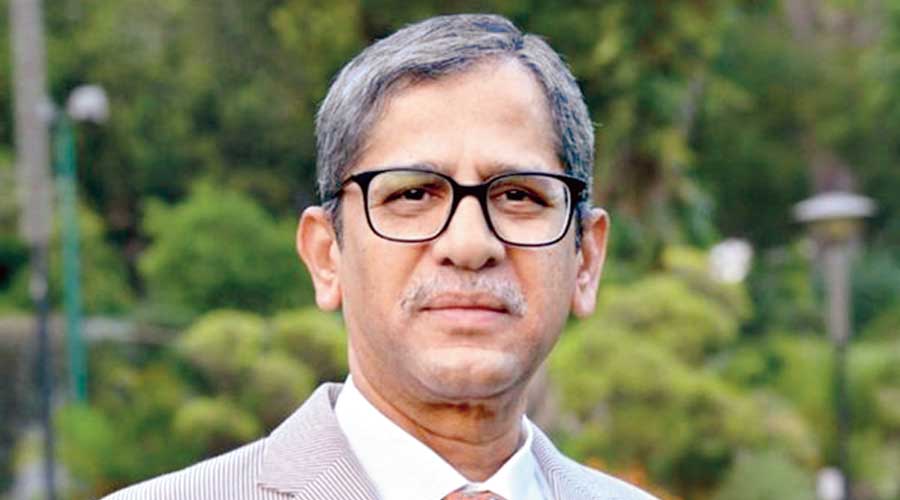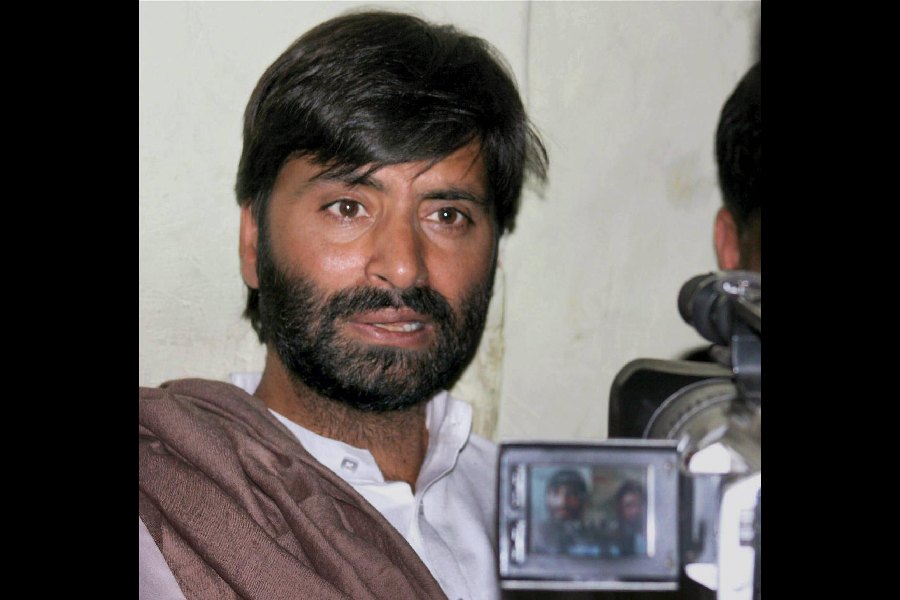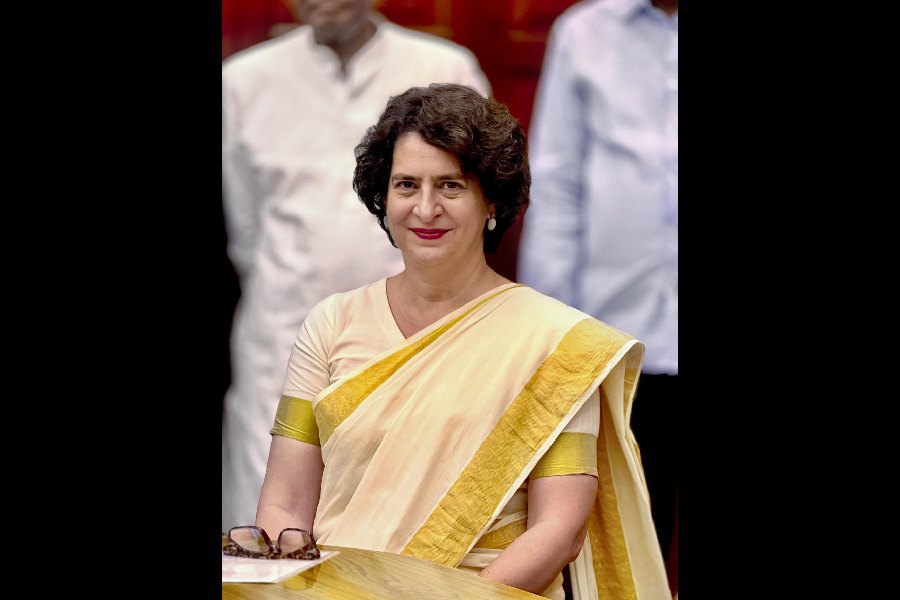The Supreme Court on Monday warned the Narendra Modi government of contempt proceedings if it failed to take steps to immediately fill 250 vacancies in various tribunals.
A special bench headed by Chief Justice of India N.V. Ramana said the Centre had scant respect for the country’s highest court whose “patience” it was “testing”.
Instead of making appointments to the tribunals, the government is coming out with fresh pieces of legislation which were nothing but a “replica” of what was already struck down by the apex court earlier, the court noted.
An act rushed through Parliament last month seeks to vest the Centre with powers in the appointment and removal of the quasi-judicial members in various tribunals.
Tribunals — adjudicatory quasi-judicial bodies like the National Consumer Disputes Redressal Commission, National Green Tribunal, the Income Tax Appellate Tribunal and the National Company Law Appellate Tribunal — were set up with retired judges to decongest the regular courts and deal with specialised issues.
On Monday, the CJI said: “You (the government) are bent upon not respecting the judgment of this court. This much is very clear. We have only three options left now.
“One is staying the legislation or whatever act that you have made and direct you to go ahead with the appointments. Or, close down the tribunals and give the power to take up the matters. Third is we ourselves will appoint the people to the tribunals. We could consider initiating proceedings for contempt of court.”
The bench, which includes Justices L. Nageswara Rao and D.Y. Chandrachud, gave vent to its ire after noting that despite its earlier directives, the government had not taken adequate steps for filling the vacancies. Both Justices Rao and Chandrachud are members of the collegium, too.
On Monday, the court issued a formal notice to the Union government on a fresh petition filed by Congress leader Jairam Ramesh challenging the constitutional validity of various provisions of the tribunal reforms act.
The act has already been challenged by the Madras Bar Association, which has contended that the legislation is an attempt to scuttle the apex court’s earlier judgments upholding the independence of the tribunals.
Justice Chandrachud referred to a proviso in the new legislation under which a person aged below 50 is ineligible to be appointed as chairperson or a member of a tribunal. The amended provision was contrary to the Supreme Court rulings in the earlier judgment, Justice Chandrachud said.
Justice Ramana told solicitor-general Tushar Mehta, who is appearing for the Centre: “There is no respect for the judgments of this court. It is unfortunate. Last time, you have said that you have appointed some members in the tribunals. How many you have appointed? Show us the details.”
The bench declined to adjourn the matter for two weeks as sought by Mehta. The CJI pointed out that the special bench had been constituted with senior judges and the court’s time could not be frittered away with frequent adjournments.
“You are testing the patience of this court…,” Justice Ramana told Mehta after the solicitor-general read out a government notification stating that some of the appointments would be made in the next two weeks.
On August 16, too, the apex court had castigated the Centre for rushing through the Tribunals Reforms (Rationalisation and Conditions of Services) Bill, 2021, without proper debate in Parliament. The Opposition has been complaining that bills were being passed in the House without any discussion.
In 2019, a five-judge constitution bench had struck down an amendment incorporated to the appointment and removal process made by the government.
Undeterred, the Modi government brought in an ordinance with similar provisions, which was struck down again by the apex court in April this year on a petition filed by the Madras Bar Association.
Subsequently, a three-judge bench headed by Justice Rao, while iterating the opinion of the constitution bench, struck down some amendments made by the Centre in 2020 to dilute the effect of the 2019 judgment. However, the Centre came up with fresh legislation to override the ruling of both the constitution bench and the subsequent one by the apex court.
“The judgment was passed with the law in place then. All recommendations were made keeping all parameters in mind, why were the appointments not made?... The recommendations were strictly in accordance with law,” Justice Nageswara Rao pointed out.
Justice Chandrachud told the solicitor-general that several cases were being adjourned in the National Consumer Disputes Redressal Commission for over year because of the absence of tribunal members. He cited the instances of several petitions coming up before his bench relating to company law adjudication because of vacancies in the National Company Law Tribunal.
“We don’t want confrontation with the government and we are happy with the way the names of nine Supreme Court judges were cleared by the government. But then these tribunals are collapsing with no members or chairpersons…. Tell us your plans. What is that you want? Do you want to close down tribunals?” Justice Ramana asked Mehta.
Mehta said the government, too, did not want any confrontation with the judiciary.
“I think you never advised (the government) on the legislation. This judgment is passed now, you pass another legislation. We are upset, we will give you another three or four days to come back and say what you want to say,” the CJI told Mehta..
The CJI also regretted that the Centre had so far failed to constitute the CGST council to adjudicate disputes pertaining to the levy of GST.
Later, the court adjourned the matter for next Monday by when the government is expected to come out with details of the appointments made to various tribunals whose vacancies are pegged at nearly 250, accounting for 50 per cent of the sanctioned strength.











